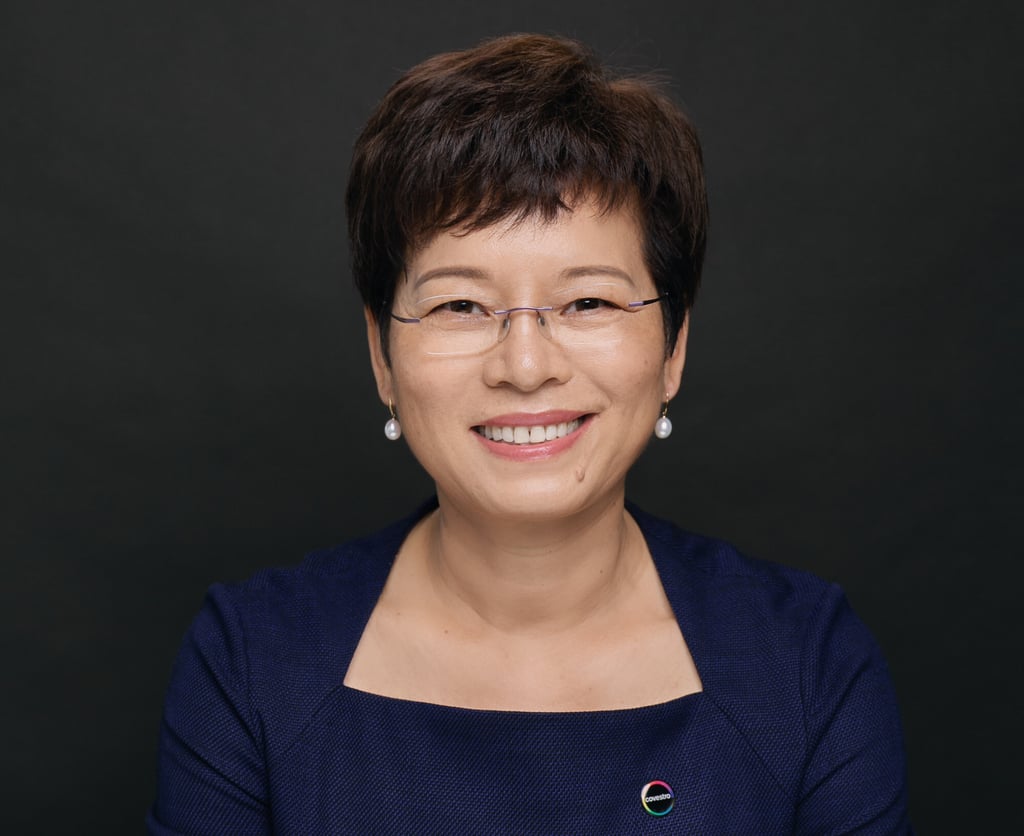Advertisement
Climate Change: Why firms such as Covestro, with ambitious net-zero emissions goals, have a hard time buying green power in China
- German firm Covestro plans to invest €250 million to €600 million globally by 2030 to reach its net-zero goal
- It has bought 100 million kWh through a one-year agreement from solar farms owned by Datang Wuzhong New Energy
Reading Time:3 minutes
Why you can trust SCMP
0

A limited supply of tradeable green electricity and a nascent trading platform in mainland China have presented challenges for companies eager to quickly ramp up procurement to meet their decarbonisation goals.
German chemicals firm Covestro, whose Shanghai plant is its largest manufacturing site globally, is one of them. The maker of key materials used in the automobile and construction industries announced on March 1 a goal to achieve net-zero greenhouse gas emissions by 2035 in its production operations and energy consumption.
It plans to invest €250 million (US$274.8 million) to €600 million globally by 2030 to reach its net-zero goal. It also has an interim target to slash emissions by 60 per cent to 2.2 million tonnes by 2030 from 2020.
“Although the government [in China] has a strong determination to really push green energy consumption, and energy users like us have a strong wish to buy it, the in-between ecosystem is not fully established yet,” Holly Lei Huanli, president of Covestro China, told the Post. “Given the working efficiency of the Chinese government, I hope it will be available soon.”

The German firm was among more than 250 domestic and international companies that last September negotiated and struck deals on renewable energy through a pilot trading system for generators, end users and retailers. Initially for solar and wind power only, the trading system is expected to also cover hydropower and other renewable electricity at a later stage.
Advertisement
